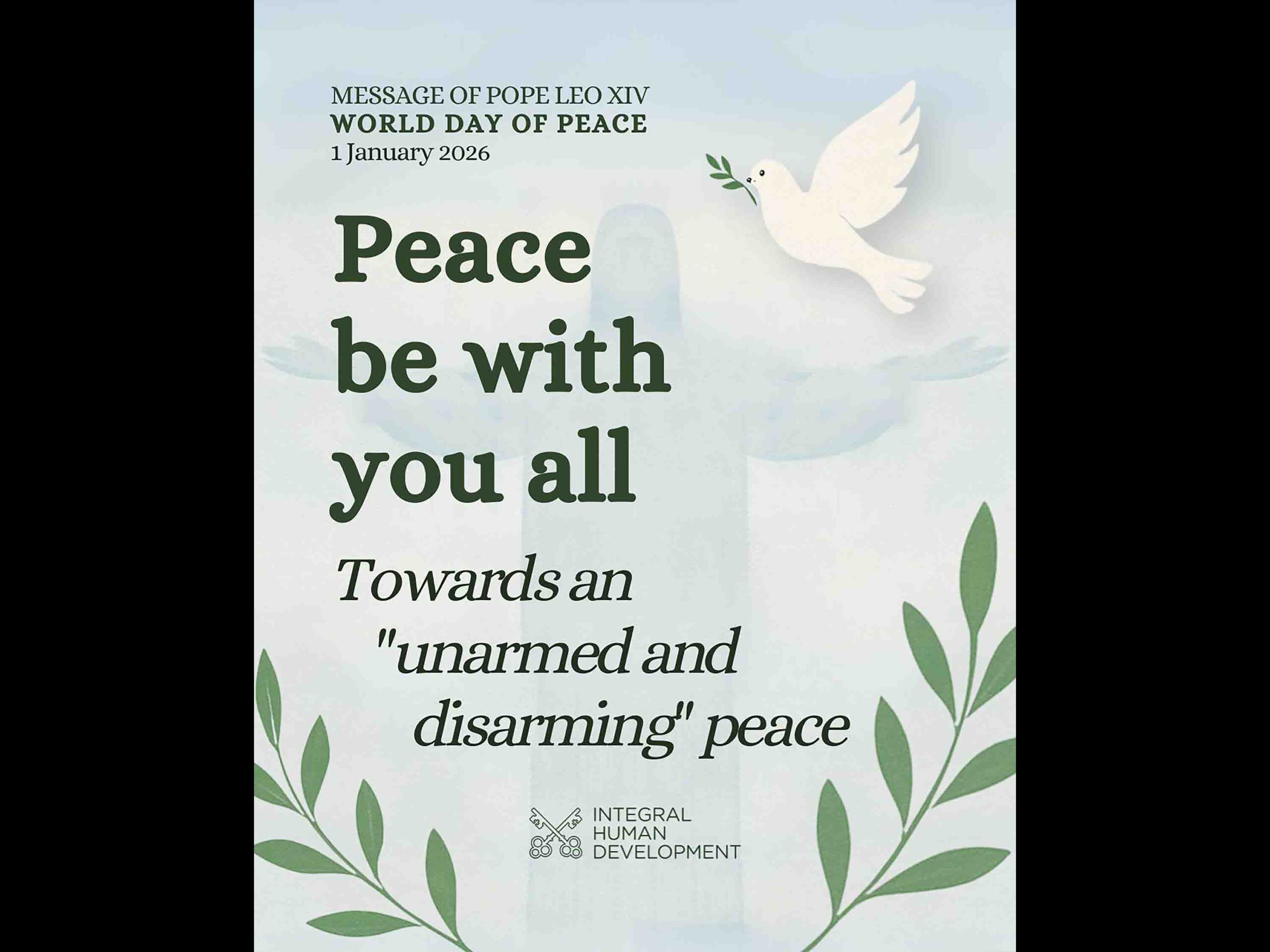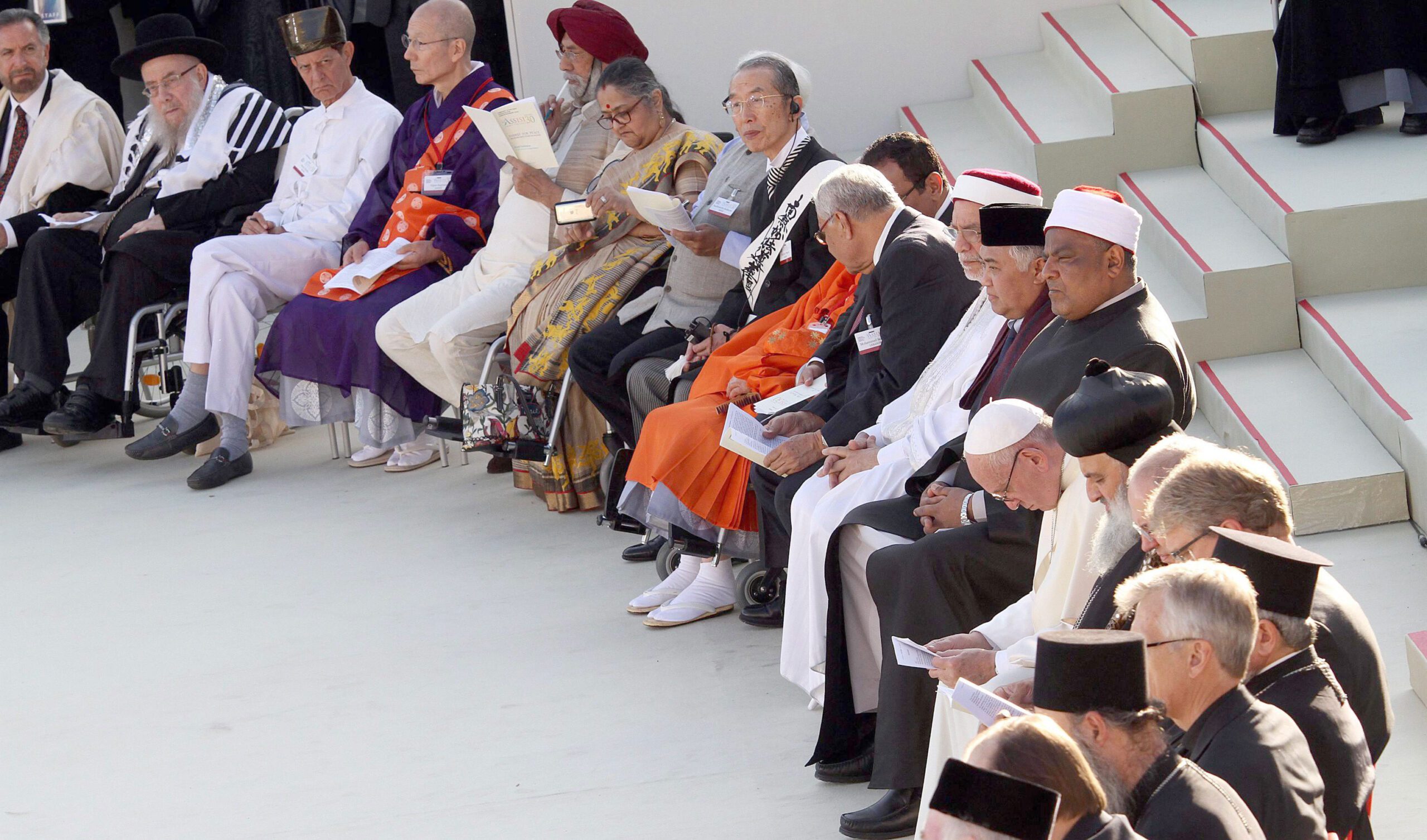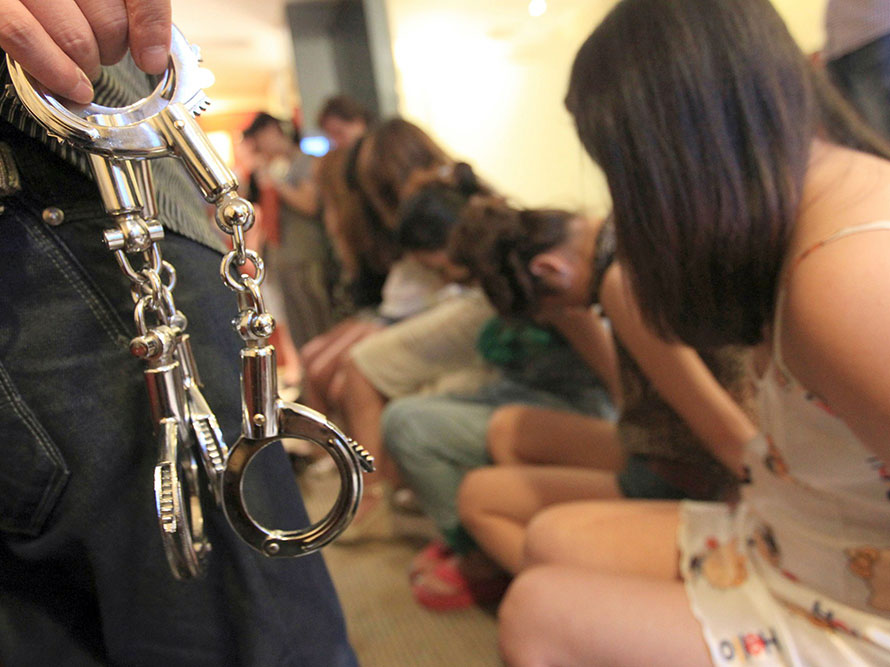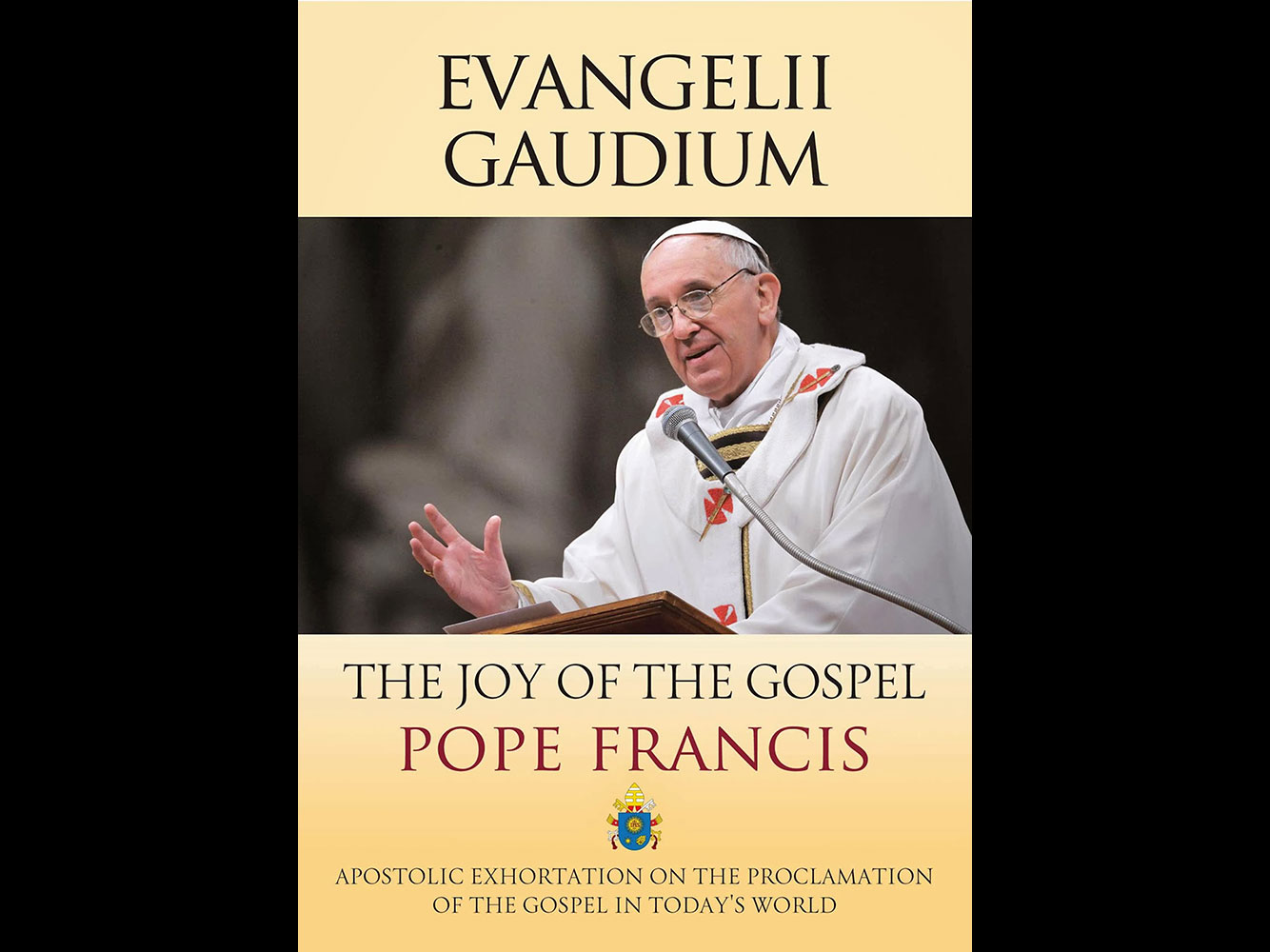

World Day Of Social Communications
Pope Leo XIV has chosen “Preserving human voices and faces” as the theme for the 60th World Day of Social Communications, set to take place on 17 May 2026.
Browse past isues
Help the mission
Support the mission
Get in touch


Pope Leo XIV has chosen “Preserving human voices and faces” as the theme for the 60th World Day of Social Communications, set to take place on 17 May 2026.


Peace Be With You All: Towards an Unarmed and Disarming Peace” will be the theme for the 2026 World Day of Peace, the Vatican Dicastery for Promoting Integral Human Development announced.


The Vatican has announced the theme for World Youth Day 2027 in Seoul, South Korea: “Take courage! I have overcome the world” (John 16:33). “This theme resonates deeply with the challenges confronting today’s youth,” wrote Bishop Paul Kyung Sang Lee, general coordinator for WYD Seoul 2027.


Meeting in the Vatican, Pope Francis’ Council of Cardinals agreed on the need to listen to the “the feminine aspect” of the Church, especially at the local level, “so that processes of reflection and decision making can benefit from the irreplaceable contribution of women.”


Pope Francis is going to attend the Conference of Parties (COP28) in Dubai that will run from November 30 to December 12. “Yes, I will go to Dubai. I think I will leave December 1 until December 3.


Despite the best endeavors of so many in so many countries, modern slavery and human trafficking continue to expand. Victims are hidden away: in places of prostitution, in factories and farms, on fishing boats, and illegal establishments, in private homes behind locked doors and in many other places in cities, villages and slums, in the world’s richest nations and poorest nations.
In a decree on Feb. 7, Pope Francis authorized the Congregation for the Causes of the Saints to promulgate the causes of these Catholics in the various stages of the canonization process.


Dreams can be powerful things, especially when articulated by leaders with the realistic capacity to translate them into action. That was the case 50 years ago with Martin Luther King Jr.’s famous “I Have a Dream” speech, and it also seems to be the ambition of Pope Francis’ bold new apostolic exhortation, “The Joy of the Gospel.”
Thumbing through the pages, however, it is evident in the text – a relatively short text, 91 pages composed of 58 paragraphs – that the dominant hand is that of the German pontiff. And not just because the encyclical on faith concludes the triptych on the theological virtues starting with Deus Caritas Est on charity and followed by Spe Salvi on hope. The layout of the text, the frequent references to philosophers and live debates in the German culture of the ’60s, the insistence on some issues, and even the comparison between faith and Gothic cathedrals, where “the light comes from the sky through the windows where it represents the sacred history,” all testify that Pope Francis has decided to respect and accept the work of his predecessor. Francis explicitly expresses in paragraph 7 of the Encyclical: “These considerations on faith – in continuity with all that the Church’s magisterium has pronounced on this theological virtue – are meant to supplement what Benedict XVI had written in his encyclical letters on charity and hope. He himself had almost completed the first draft of an encyclical on faith. For this, I am deeply grateful to him and, as his brother in Christ, I have taken up his fine work and added a few contributions of my own.” The title of the Encyclical, Lumen Fidei (The Light of Faith) summarizes the fundamental dynamic which moves in line with the text: the tradition of the Church has always associated faith being the light that dispels the darkness and illuminates the path. “In modernity, that light might have been considered sufficient for societies of old, but was felt to be of no use for new times, for a humanity that has come of age, proud of its rationality and anxious to explore the future in novel ways. Faith thus appeared to some as an illusory light, preventing mankind from boldly setting out in quest of knowledge.” The text cites Nietzsche, one of the constant reference points – even if negative – of Ratzinger’s thought, for which “belief would be incompatible with seeking. But in recent decades,” he adds, “it was discovered that the light of autonomous reason is not enough to illumine the future. As a result, humanity renounced the search for a great light, Truth itself, in order to be content with smaller lights which illumine the fleeting moment. For this, in today’s world, “there is an urgent need, then, to see once again that faith is a light,” discovering that only the light that comes from believing in God is “capable of illuminating every aspect of human existence.” The road to the discovery of this bright character of faith happens naturally with the encounter with Christ and by His love. “Transformed by this love, we gain fresh vision, new eyes to see; we realize that it contains a great promise of fulfillment and that a vision of the future opens up before us.” After the introduction, the Encyclical, in four chapters, traces
The Pope’s intention appears to be to translate into action the Second Vatican Council’s desire for a realignment of forces within the Church that has remained largely theoretical over the last half–century. So far, most of Pope Francis’ actions have been symbolic of his much less grandiose interpretation of the personal role of the papacy than all recent popes have followed, and he has now given that style of approach some embryonic structural shape. The new team of eight will not meet as such until the autumn, though it is said the Pope began consulting them individually immediately. What is more significant is that they have been carefully chosen so that, virtually, every part of the world is represented and, in most cases, by men who have themselves been selected for leadership positions by their episcopal colleagues. Thus, the European representative is the German Cardinal Reinhard Marx, who is president of the Commission of the Bishops’ Conferences of the European Community and hence can speak for the Catholic hierarchies of Europe. Similar qualifications – and a similar democratic mandate – apply to most of the others. This shifts the balance of power in the Church in favor of national or regional conferences of bishops. They have hitherto suffered from lack of status as a result of the ruling by the then Cardinal Joseph Ratzinger, as head of the Congregation for the Doctrine of the Faith, that episcopal conferences “had no theological significance.” They were mere collections of bishops, and their theological weight was merely the sum of their parts. If they have now been recognized as key components in the Church’s new architecture, that may go a long way to incorporating the idea of episcopal collegiality at the heart of the Church. The Vatican II decree Lumen Gentium declared that the primary responsibility for the government of the Church lay with the college of bishops, with the Pope as its head. Hence, the Curia’s role should be as a civil service answering to the college of bishops headed by the Pope, not to govern the bishops on behalf of the Pope – which has been the pattern so far. This is where putting together a team of eight to advise him, and reforming the Curia, are two parts of the same project. If the team is really the beginning of Cabinet government under a “constitutional papacy,” particularly if the principle of subsidiarity is also to be followed, then the Curia will have to be reshaped and scaled back to provide appropriate structures. Clearly a period of upheaval has begun in Rome, with implications worldwide.
